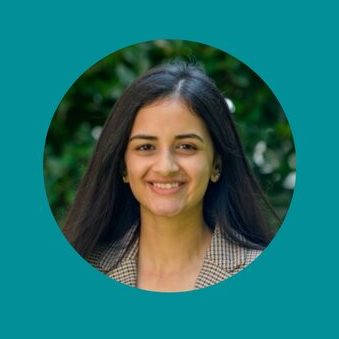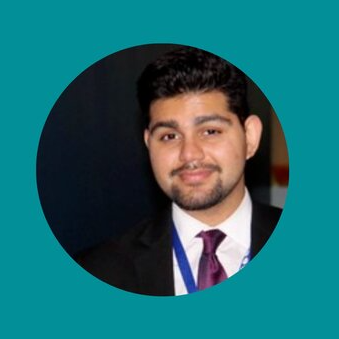The APF Virtual Fellowship Brought Pakistan To Us
Written by APF Virtual Fellows (2020) Ibrahim Rashid and Aeisha Kangan
In September of 2020, we were selected to be part of the inaugural class of APF Virtual Fellowships, a pandemic-friendly version of the APF Pakistan Fellows Program which expose individuals to the nuts and bolts of professional work and research on Pakistan. We were placed with the i-Care Foundation, Pakistan’s only donor-advised fund which provides a professionally managed service for directing and administering charitable giving by donors to non-governmental organizations , non-profit organizations and charities in Pakistan” with the goal of improving the quality of life of underprivileged Pakistanis.
Pakistan is a generous country when it comes to philanthropic giving. A 2018 study conducted by the Pakistan Centre for Philanthropy showed that Pakistanis give more than $2 billion annually to charity. Our project with the I-Care Foundation involved exploring this vibrant philanthropic sector to produce a series of recommendations on how to increase the foundation’s philanthropic impact and on how it could become a leader within the non-profit philanthropy sector in Pakistan.
We worked with i-Care to provide concrete steps on how to go about making this impact possible. Our final recommendations concluded that the foundation’s philanthropic impact could be strengthening by:
developing a communications strategy that educates visitors about the advantages of using donor-advised funds;
highlighting the trustworthiness and impact of i-Care’s non-profit partners; and
providing guidance on navigating the evolving Pakistani regulatory landscape for foreign financing of non-profit organizations.
By the end of our APF fellowship, we had stepped outside of our comfort zones, flexed our academic and professional muscles, and emerged with substantial work products and experiences that will no doubt propel us forward in our careers.
The fellowship proved to be a phenomenal training ground for us to test and refine some of the skills we developed during our formal studies. We conducted original data collection, scraping information from non-profit organization and government websites. We conducted our own quantitative analysis and designed our own research study. We also honed our policy writing and presentation skills, delivering a 30-page strategy document and summary slide-deck with recommendations that have since been incorporated into the Foundation’s operations and business plan.
On a practical level, we learned what it meant to do work in an international context, albeit virtual. We juggled multiple time zones, working across three different cities (Chicago, Cleveland, and Karachi). Like many people during this time, we also faced very real challenges due to COVID-19. When Ibrahim contracted the virus midway through the fellowship, instead of completely altering our goals, we pushed through on our project and timelines with open communication, task sharing, and compassion for the lives and circumstances that had been altered (read about Ibrahim’s experience with COVID-19).
By the end of our APF fellowship, we had stepped outside of our comfort zones, flexed our academic and professional muscles, and emerged with substantial work products and experiences that will no doubt propel us forward in our careers.
Looking back to when we started our fellowship, it is safe to say that we were stepping into the unknown. Perhaps this is why this experience has been so memorable and rewarding. While so much of the world had to do away with procedural norms, this fellowship allowed for experimentation and entrepreneurship. Ultimately, this paved the way to lessons learned and skills developed that taught us that we can make an impact thousands of miles away, in Pakistan or anywhere in our globalized world. So while it is true that the COVID-19 pandemic took away the experience of living, working, and wandering the bustling streets of Pakistan, the APF Virtual Fellowship still brought Pakistan to us.


